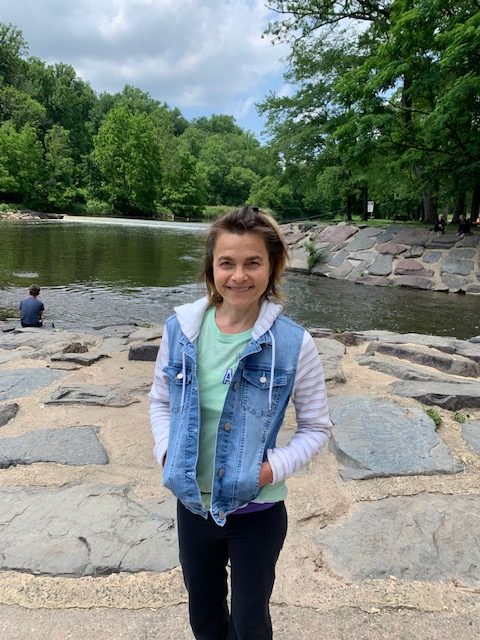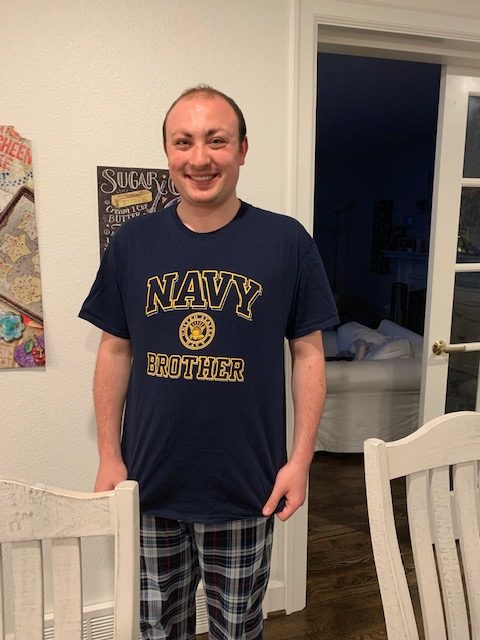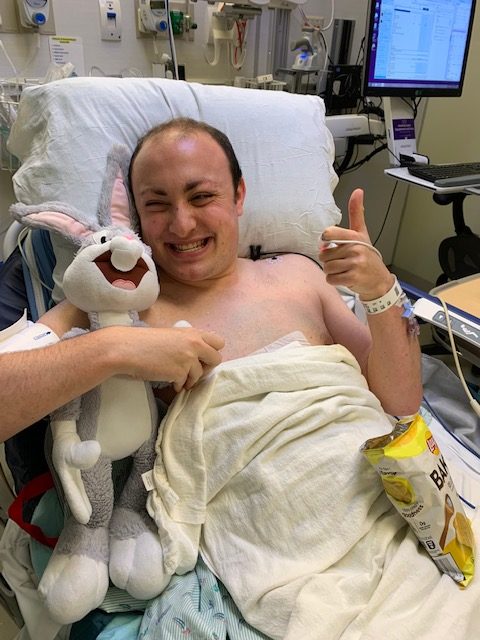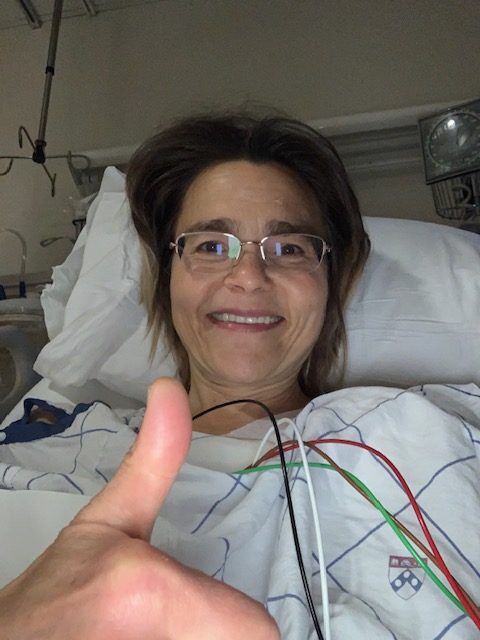Washington - The heart of the matter
the hcm act will help identify Cardiac Health issues in patients with a spectrum of Diseases including Hypertrophic cardiomyopathy
Sudden cardiac death (SCD) is a sudden, unexpected death caused by loss of heart function (sudden cardiac arrest). Sudden cardiac death is the largest cause of natural death in the United States, causing about 325,000 adult deaths in the United States each year.
Multiple conditions and risks can make children prone to sudden cardiac arrest (SCA) or sudden cardiac death (SCD) as well as other complications of heart disease. To date, the focus has mainly been only on screening student-athletes.

Christine Callans



By the numbers:
One of the disorders in the spectrum is Hypertrophic Cardiomyopathy which is often misdiagnosed or worse yet - overlooked until it is too late.
But with more attention focused on this problem, we can improve the diagnosis delay.
Like Christine, there are close to 5,000 Washington State constituents potentially affected with cardiac disorders per EACH State Senator’s District with up to 785 being Hypertrophic Cardiomyopathy.
There are up to 2,500 constituents potentially affected with cardiac disorders per EACH House Representative’s District in Washington with up to 390 being Hypertrophic Cardiomyopathy.
To view the full report on the prevalence of cardiac disorders in the state of Washington: Click here
Please, listen to our patient stories, and take action to support the HCM Act. Draft legislation is available for review: https://4hcm.org/health-cardiac-monitoring-act/
The HCMA has many members from Washington. They share a deep understanding of the benefits of childhood screening and early diagnosis.
Hear from a Washington State constituent - Help save us now:
My HCM story started when I was 24. I had just given birth to my son, and the doctors had discovered he had a heart murmur. After my husband and I were screened, they found out I had Hypertrophic Cardiomyopathy (HCM), and I had passed it on to my son. I was shocked, and I felt guilty for giving it to him.
At the time, I wasn’t too worried about myself. I’d gone 24 years of living more or less asymptomatically, so I figured I’d be fine. I was worried for my son, though. His life had just begun! How was it going to affect his lifestyle? I didn’t know much about the condition yet, but I knew it manifested itself differently in different people, and that unpredictability made me nervous. Would he be able to live as long as I had?
It was at that point that the dots began to connect. Prior to my mother’s death, she’d been diagnosed with heart failure. She was never formally diagnosed with HCM, but after her passing from congestive heart failure at 59, doctors confirmed her heart looked like end-stage HCM. Her heart was just so large. Her mom had also died young, but she hadn’t been formally diagnosed with HCM either. I knew this disease was serious, but it had yet to really affect me thus far.
For the next few years, I lived my life as usual until a decade later, when I was running on the treadmill one morning: nothing crazy, just a routine jog. The next thing I know, I’m in the hospital. I was confused; I thought I had just given birth again! It turns out I’d had a cardiac arrest. My oldest son had found me face down that morning and called an ambulance. It was a textbook case: no issues for years, and then boom: cardiac arrest. It was technically a sudden death case, but thankfully I was resuscitated! After that, I was in the hospital for a week, where they implanted an ICD, and then I went back to life as normal. At that point, I realized that I really hadn’t actually been asymptomatic all those years. The light-headedness and shortness of breath I’d get from time to time that could always be easily explained by something else, in reality, was HCM. Little had I known!
From that point forward, I managed my condition differently. Three of my five children have HCM, so we protected them as much as possible. Two of my three children had ICDs implanted when they were 10 and 11 years old, and my third child diagnosed has a recorder that monitors his heart externally. I knew with these measures, they’d be in a better spot than I was, but I still worry for them. The gene I gave them is volatile; I know that now. I couldn’t anticipate if they’d have a cardiac arrest as well; I could only make sure they had ICDs to respond if that ever happened. I want them to be free to live their lives however they want. Nothing should stop them from their dreams.
I worry when I exercise. I don’t trust myself as much, even though I know I have an ICD monitoring my heart in case anything goes wrong. I’d never thought twice about these things before.
I can’t say I am good at dealing with that worry. I put it on the back burner. Over time things get a little easier. You get into a new routine and think about it less, but it’s always there. As I get older, I get a little more concerned about myself. I know my heart is aging, too, and the risk of arrhythmias only goes up. I think about it this way: you’ve got to look at the heart as both a pump and an electrical issue. The ICD takes care of the electrical issue, but the heart as a pump gets thicker, and scar tissue only builds, and that’s worrisome. I pretend a lot, take it day by day. You’ve gotta keep breathing; you’ve gotta get on with the day.
I’m really thankful for the care my children and I have received. It has made this process much easier. We have an electrophysiologist in the family, and he’s educated us about HCM. I will say educating myself has been a big factor in eliminating fear because I know more of what to expect, even though the disease is full of unexpected twists and turns.
Getting in touch with the HCMA has also been incredibly helpful. They set me up with experts in the field, so I know my children and I are getting the best care possible. I go to conferences every year, and the HCMA has helped me change my attitude about HCM. I feel less isolated, and it’s helped me reframe how I present it to my kids. Hopefully, they will have a healthier outlook on how to deal with HCM and other life challenges.
Since my cardiac arrest, my condition itself has remained relatively stable but I’ve had complications with my ICDs as two lead fractures led me to need replacements over time. I have a subcutaneous ICD now, so I don’t have to deal with leads. I am now 50 years old, and my life is pretty normal. I know I’ll probably need more replacements when the battery life on my current ICD expires, but I’ll deal with that when it comes. Right now, I take it day by day. It’s like death: you can’t think about it all the time. Sometimes this is just how you have to cope.
If there’s any advice I can give to newly diagnosed patients, it's this: get hooked up with the HCMA and an HCMA recognized Center of Excellence. They’ll help you get the most education and best care, and that’ll empower you and give you control over the disease. You’ll realize you’re stronger than you think.
